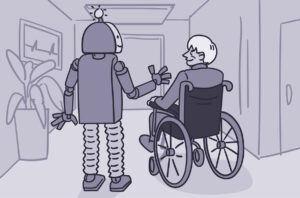| Genitourinary Tract | ||
| Hemorrhagic Cystitis | Cells lining bladder are destroyed by chemotherapy (e.g., cyclophosphamide, ifosfamide).
Side effect of radiation when located in treatment field. |
Encourage increased fluid intake 24-72 hr after treatment as tolerated.
Monitor manifestations such as urgency, frequency, and hematuria. Administer cytoprotectant agent (mesna [Mesnex]) and hydration. Administer supportive care agents to manage symptoms (e.g., lavoxate [Urispas]). |
| Reproductive Dysfunction | Cells of testes or ova are damaged by therapy. | Discuss possibility with patients before treatment initiation.
Offer opportunity for sperm and ova banking before treatment for patients of childbearing age. |
| Nephrotoxicity | Direct renal cell damage from exposure to nephrotoxic agents (cisplatin and high-dose methotrexate).
Precipitation of metabolites of cell breakdown (tumor lysis syndrome [TLS]). |
Monitor BUN and serum creatinine levels.
Avoid potentiating drugs. Alkalinize the urine by adding sodium bicarbonate to IV infusion and administer allopurinol (Zyloprim) or rasburicase for TLS prevention |

Flu and People with Diabetes
r Everyone MAR. 20, 2024 PREVENTION AND CONTROL OF SEASONAL INFLUENZA WITH VACCINES: RECOMMENDATIONS OF THE ADVISORY COMMITTEE ON IMMUNIZATION PRACTICES — UNITED STATES, 2025-2026



